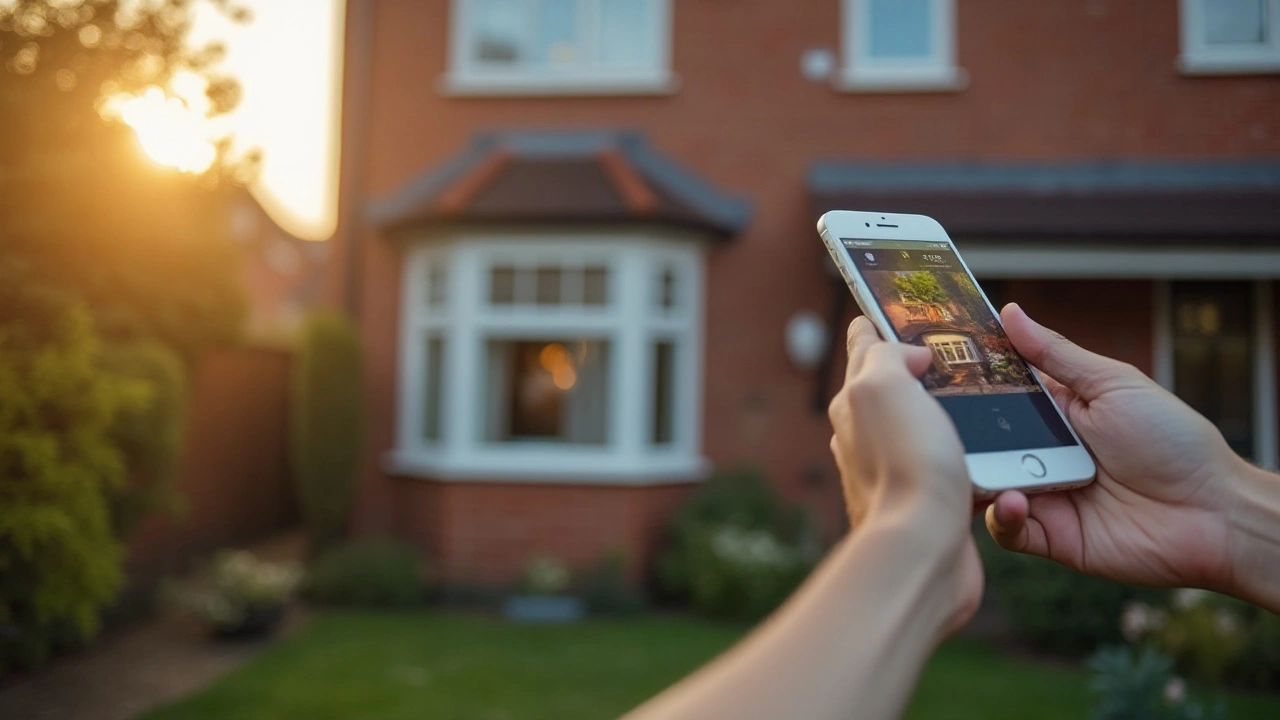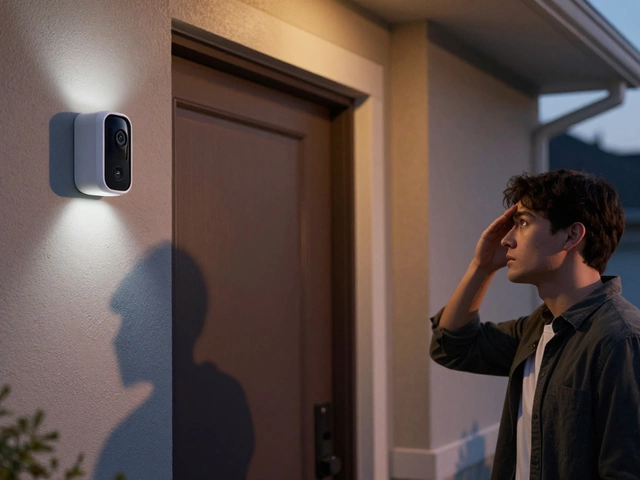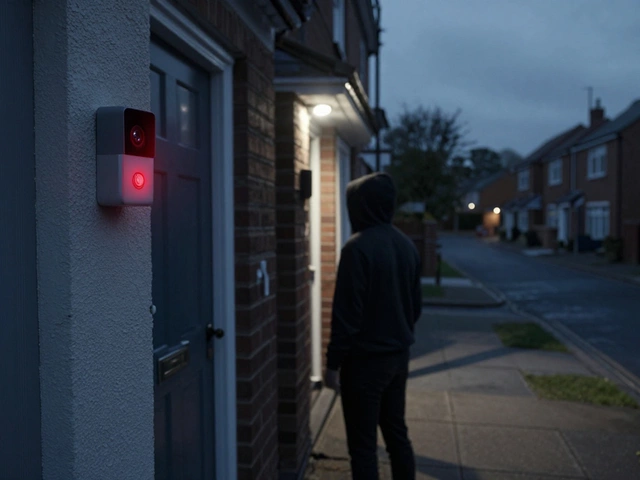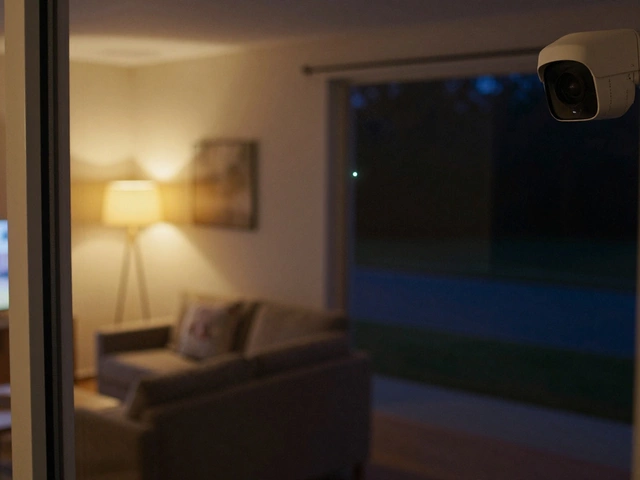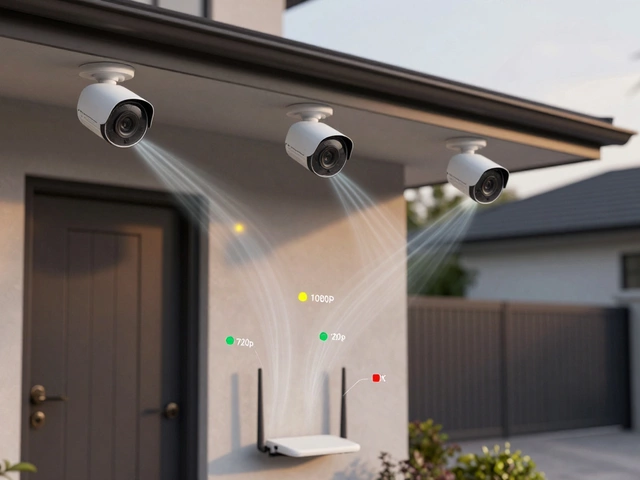Internet Connection Essentials for Home Security and Smart Devices
When your alarm system, camera, or video doorbell stops talking to the internet, you’re left with blind spots and missed alerts. That’s why a solid internet connection isn’t a luxury – it’s a core part of keeping your home safe.
Why a Stable Internet Matters for Your Security Gear
Most modern security devices rely on Wi‑Fi or a wired link to send footage, alerts, and status updates to your phone. If the signal drops, you could miss a break‑in, a fire alarm, or a water leak. Even a short outage can erase the last few minutes of video, which often holds the key evidence.
Smart doorbells like Ring or Nest need to upload video clips in real time. When the bandwidth slows, recordings become choppy or stop altogether. The same goes for indoor and outdoor cameras – they buffer or shut down when they can’t reach the cloud.
Beyond video, your alarm panel may use the internet for remote arming, for connecting to a monitoring centre, or for sending you push notifications. A flaky connection means you might not know if a sensor has tripped, and the monitoring service can’t dispatch help fast.
Tips to Keep Your Connection Reliable
1. Locate your router centrally. Place it in an open spot on the main floor instead of tucked behind furniture. This reduces walls and interference that weaken the signal.
2. Use a dedicated SSID for security devices. Creating a separate network for cameras, sensors, and doorbells keeps them from fighting bandwidth with phones or streaming devices.
3. Upgrade to a modern router. Dual‑band (2.4 GHz and 5 GHz) models give you flexibility – 2.4 GHz reaches farther, while 5 GHz offers higher speeds for video streams.
4. Consider wired connections where possible. Ethernet or Power‑over‑Ethernet (PoE) eliminates wireless hiccups for cameras that need constant high‑quality video.
5. Check your ISP plan. If you regularly see upload speeds under 3 Mbps, you might need a faster tier, especially if you have multiple cameras recording in HD.
6. Enable Quality of Service (QoS). Many routers let you prioritize traffic from security devices, ensuring they get bandwidth even when the network is busy.
7. Regularly reboot your router. A quick power‑cycle once a month clears temporary glitches and often restores full speed.
8. Secure your Wi‑Fi. Use a strong password and WPA3 if available. An open network invites neighbours – and hackers – to hog bandwidth and potentially breach your cameras.
9. Monitor your network health. Apps like Fing or built‑in router dashboards show which devices are online, their signal strength, and any drops.
10. Set up backup connectivity. A cellular LTE gateway can keep critical devices running if your main line goes down. This is especially useful for alarm panels that must stay in touch with monitoring services.
Keeping your internet connection reliable doesn’t require a tech degree – just a few smart habits and occasional checks. When your network stays strong, your security system stays sharp, and you get peace of mind knowing the house is watching and you’re in the loop.

